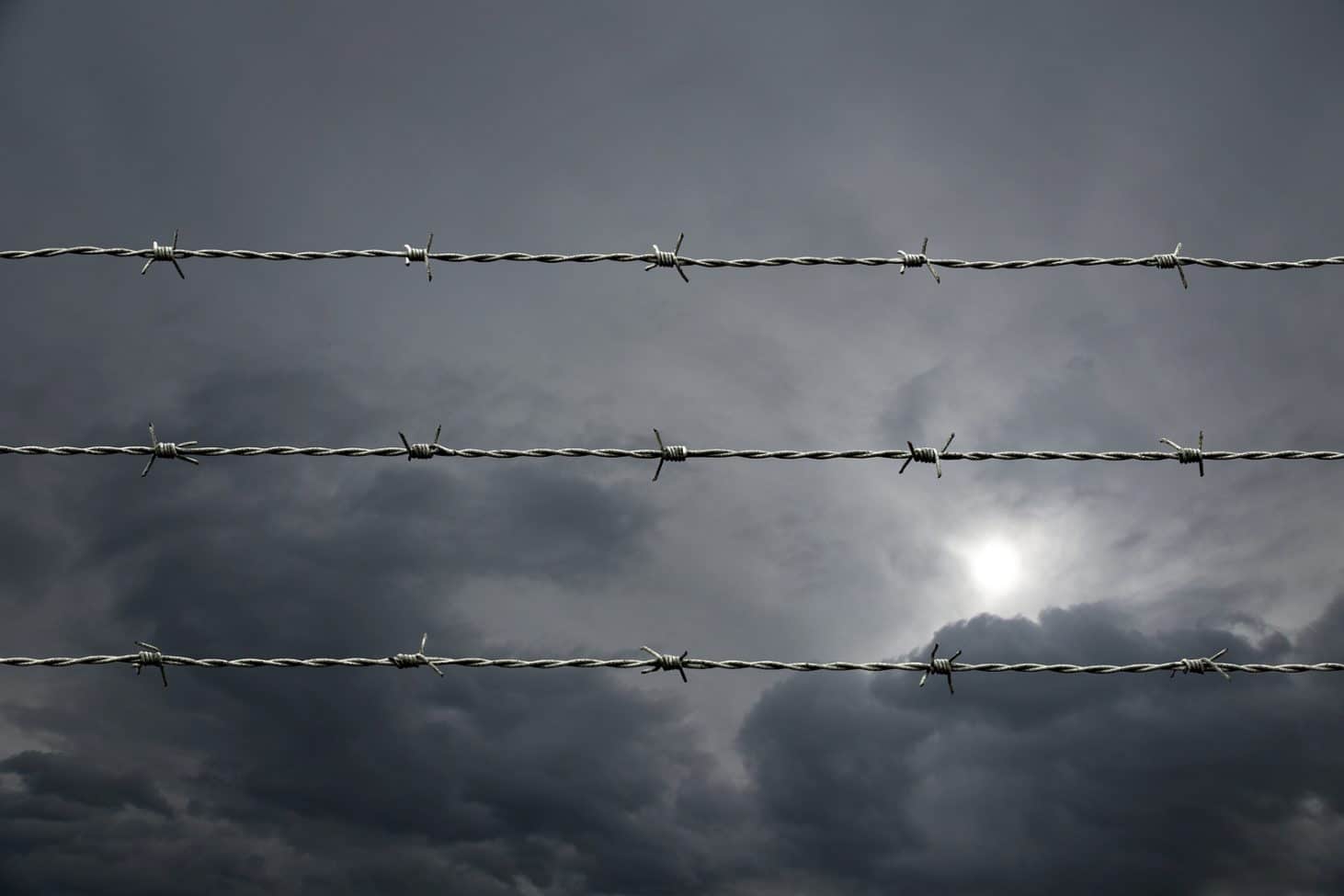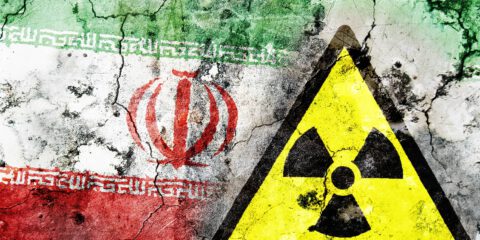Israel’s security requirements on other fronts, require containment of the conflict on the southern front, while continuing to build the western Negev notwithstanding Hamas’ arson attempts.
Enough time has passed to write about Gaza without considering the domestic political implications of two weeks ago. To be succinct, I am not convinced that anyone has a good solution to the problem.
Those who contend that “we should strike a blow that brings ruin upon Hamas and losses of an overwhelming nature,” should explain what exactly they mean. Israel can destroy whatever it wants to in Gaza, but it is not at all clear how this will impact on Hamas, nor whether Israel really wants to compete with Saudi Arabia in the slaughter of civilians. Whoever proposes “to wipe out the organizations’ leaders” should be prepared to demonstrate how he plans on accomplishing this. Unless he is planning to assassinate several dozen terrorist leaders the entire endeavor is worthless. As someone who dealt with these matters, I doubt that such a mission can be successfully carried out without an extraordinary stroke of good luck.
Those who have argued for inflicting “extraordinary damage to the infrastructure” should propose a list of targets and persuade us that by damaging them Hamas’ capabilities would be substantially decreased; for if not, what would be the point?
Those who believe that a rosier future depends on Israel’s taking the initiative and bettering the lives of the Gazans “and when they have something to lose, they will pressure Hamas to become more moderate” should study the relationship between Hamas and the Gazan residents in depth. They will learn to their dismay that such a plan has no chance of success.
In the meantime, as can be concluded from the recent Israeli commando operation in Gaza that went awry, the Israeli army is not sitting on its laurels.
All those who propose a “harsh blow” must, in tandem with their proposal, provide the answers to two questions:
- What price will the State of Israel pay in terms of rocket fire if it undertakes such an operation? Unfortunately, we must admit the difference between rockets fired upon the area surrounding Gaza, where 50,000 citizens live, and rockets fired upon Tel Aviv and its environs, where approximately one million citizens live. Every life is equally precious, but the numbers are different, and quantity is a deciding factor. Fifty rockets fired are incomparable to 5,000 rockets fired, and 50,000 people entering the bomb shelters is incomparable to two million people doing so.
- And what if this plan is ineffective? After taking out dozens of organizational leaders and damaging the infrastructure, what if the rocket fire continues? Are the people making these suggestions prepared to proceed to the next phase? Will they propose sending ground troops into Gaza?
Those unwilling to take this next step, should refrain from making any proposals at all. If they are not prepared to implement the next phase of the plan—in response to the enemy’s plausible response—they should does not enter the fray at all. All those who propose destroying Gaza must explain not only how to embark upon the operation but also how to extricate ourselves from it.
Since no one has answered these questions, it seems like the enthusiastic proposals trumpeted by the commentators are hollow words, lacking any consideration of the phases to follow their boisterous beginnings, and lacking any understanding of how these steps will achieve the desired end. None of them really deals with the problematic situation in Gaza. Clever slogans have yet to solve real-world problems.
We must remember that the last barrage of rocket fire was the result of an Israeli operation—not a Hamas initiative. Decontextualizing this event and presenting it as unruly and unbridled conduct on the part of the Palestinians does not show proper respect for the truth. Furthermore, the proposed compromise was delivered by the Egyptians, with whom we have other “business,” so it would have been appropriate to take their opinion into account. Israel operates within a crucial and sensitive political rubric of which its relations with Egypt are a part. We must not forget that.
As for the future, in the current situation, unfortunately only two possible options present themselves:
- Continuing with the current approach, notwithstanding all the pain and discomfort it causes on both the practical and psychological levels, the possible loss of life it may engender, and the constant upheaval the residents, most problematically the children, must live with.
- A large operation, with a significant number of IDF casualties and even more among the Palestinians, which will still be followed by the eternal dilemma: Should we exit Gaza, that is to say, retreat, and allow Hamas to return and rule the ruins; or should we remain, and become responsible for the welfare of two million Palestinians, at an enormous economic cost.
As in the past, Israel’s security requirements on other fronts require containment of the conflict on the southern front, while continuing to build the western Negev notwithstanding Hamas’ arson attempts. If fighting in Gaza becomes a reality – and it may – then this should ensue after proper planning; come as a surprise to our enemies; and be accompanied by the knowledge that this will be a complex and lengthy campaign.
Iran would be very pleased if Israel were to undertake an extensive military operation in Gaza. It would be wise to disappoint Iran, for the moment.
JISS Policy Papers are published through the generosity of the Greg Rosshandler Family.
photo: Bigstock









 - בניית אתרים
- בניית אתרים